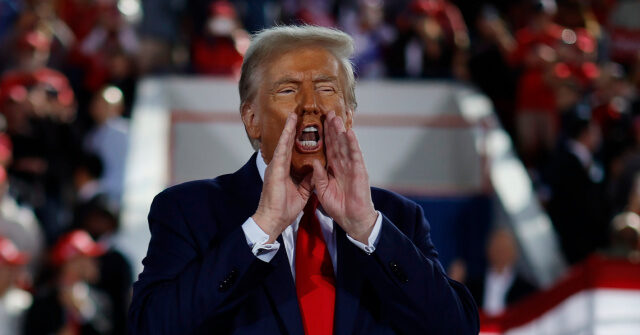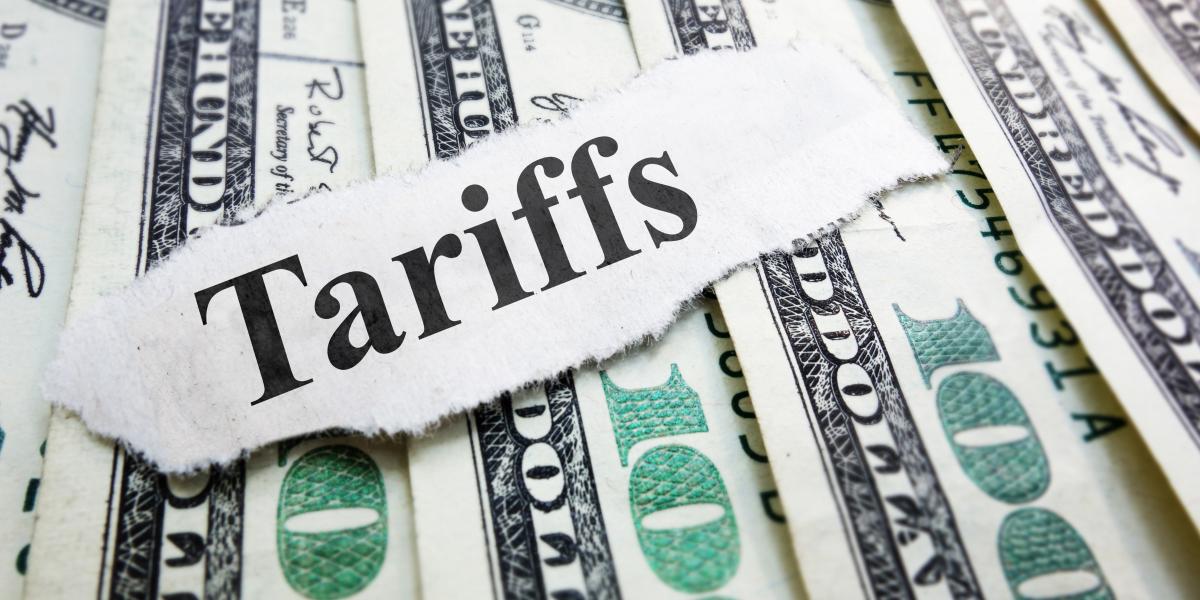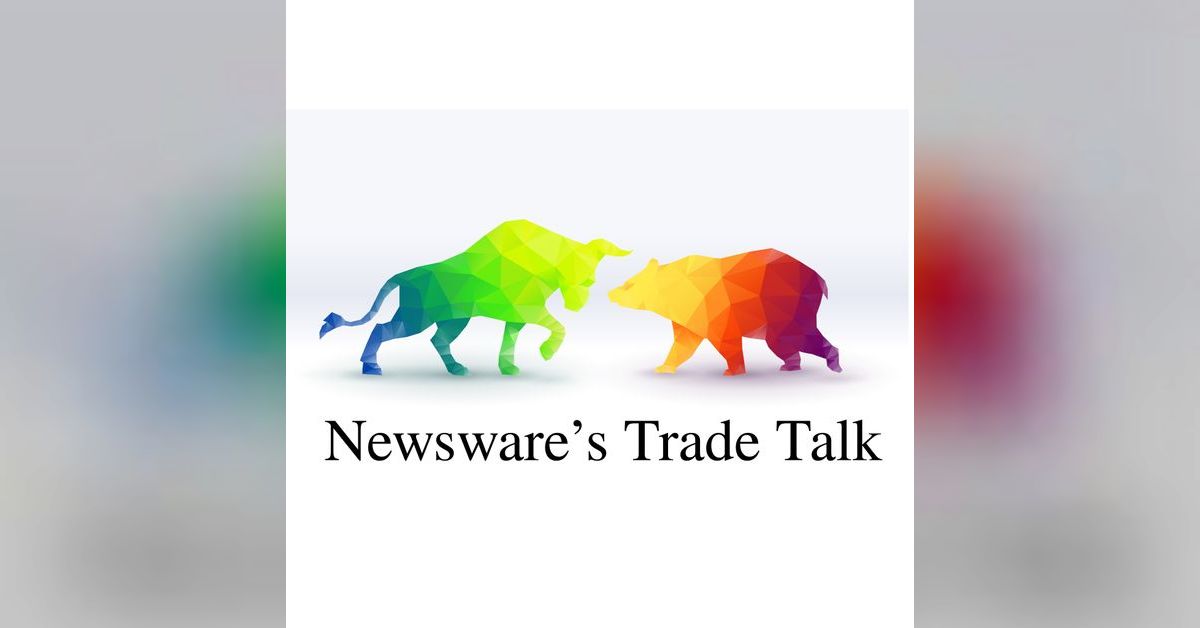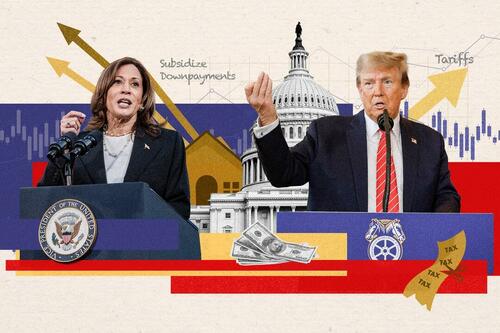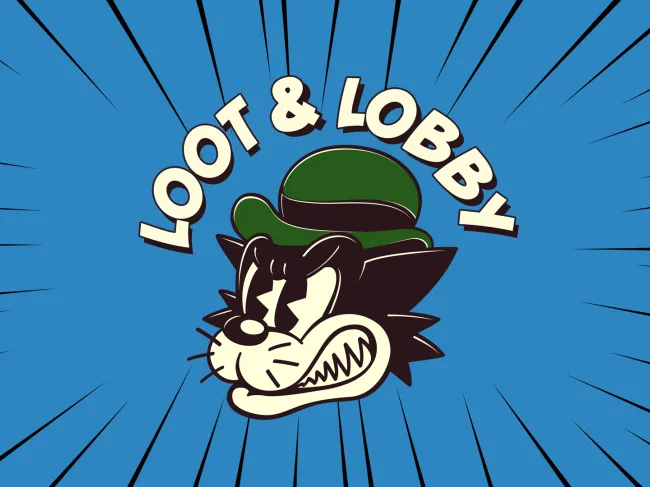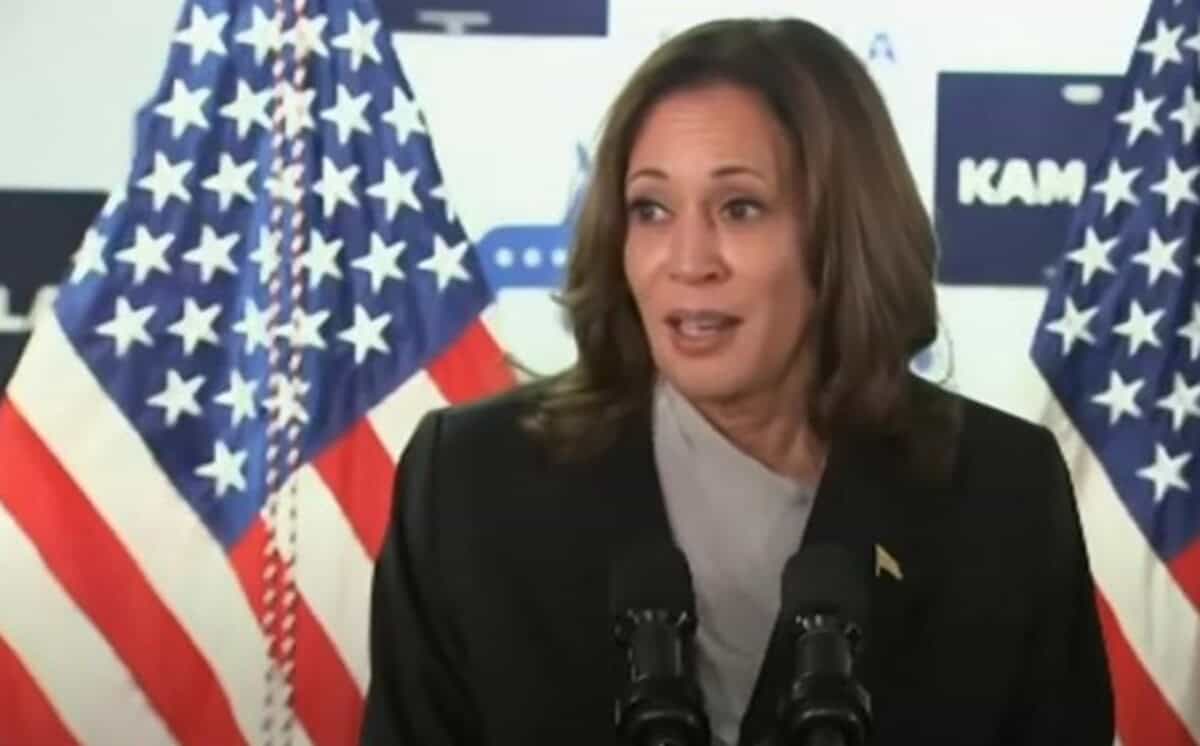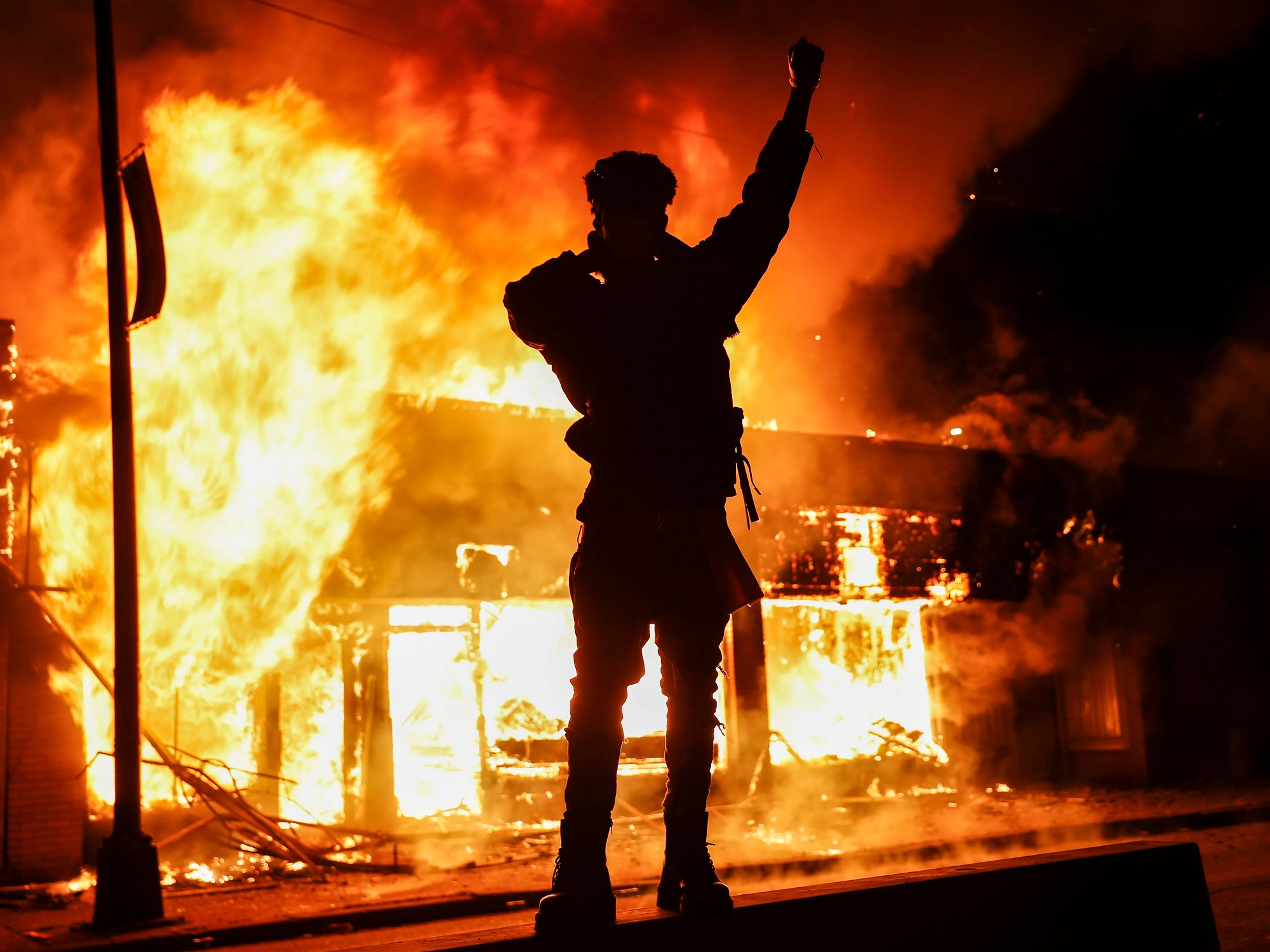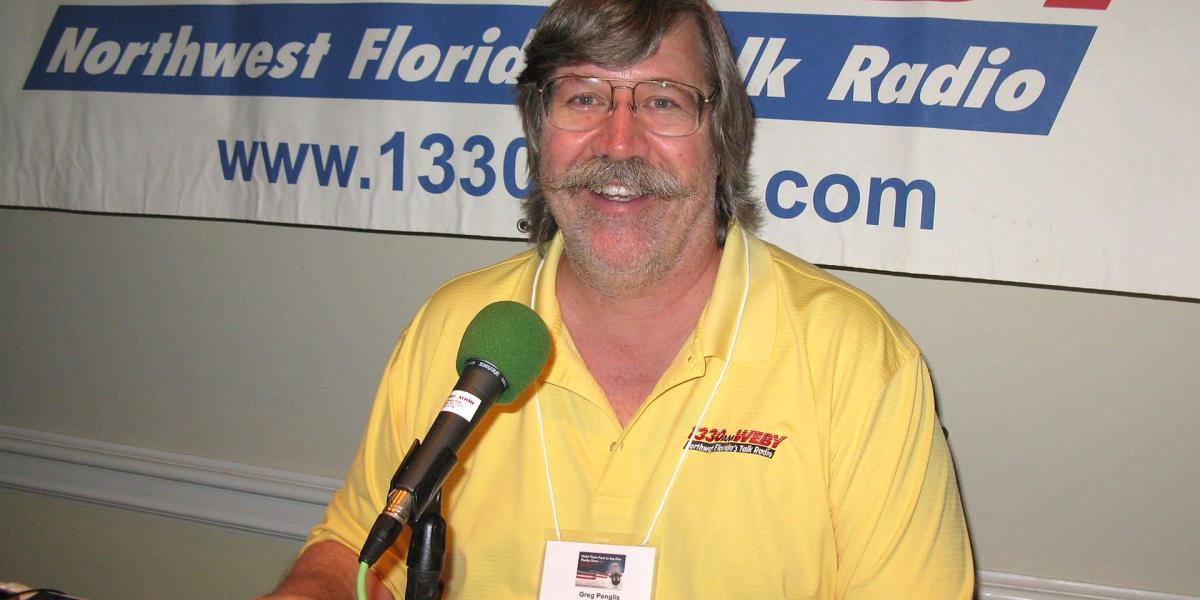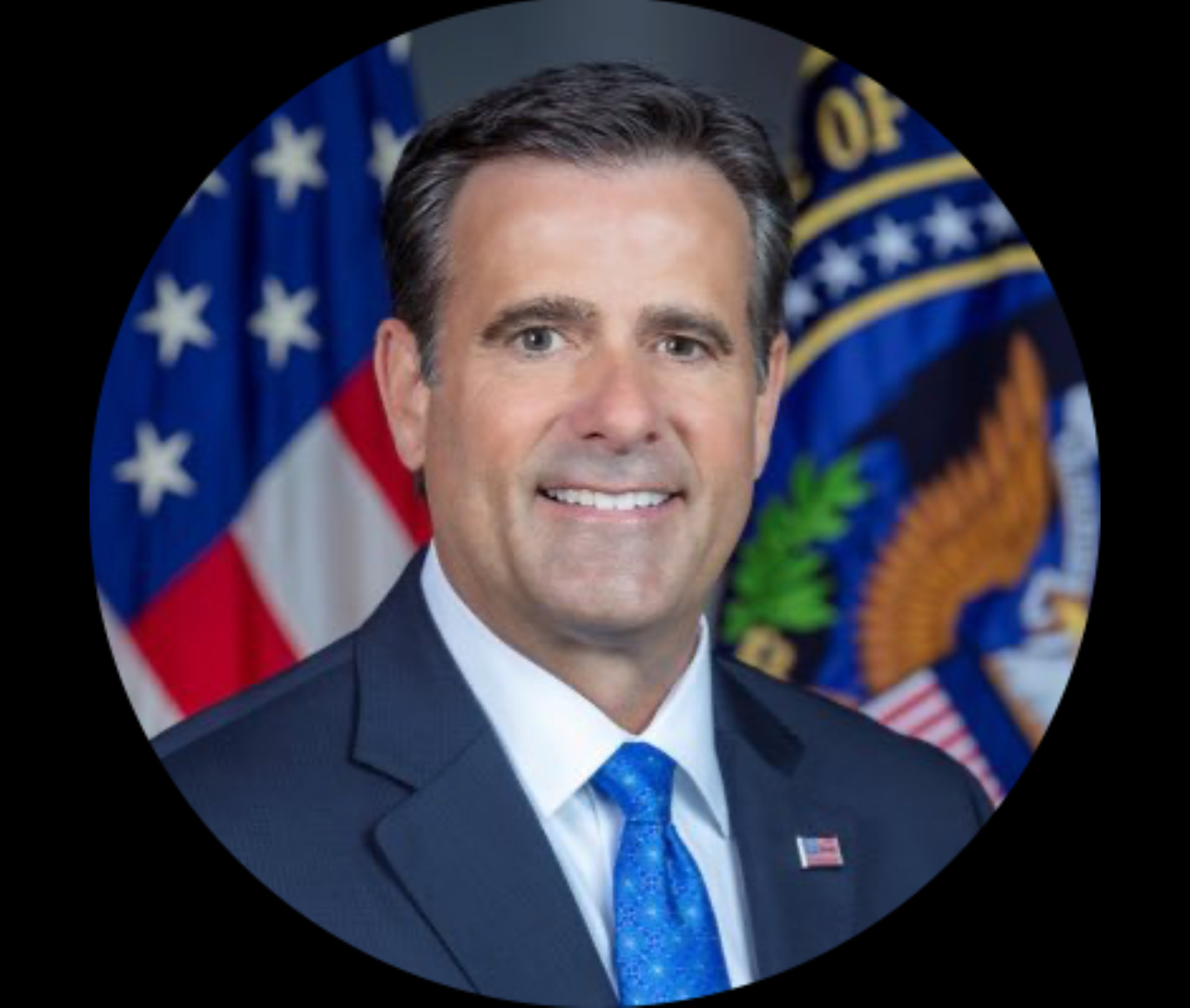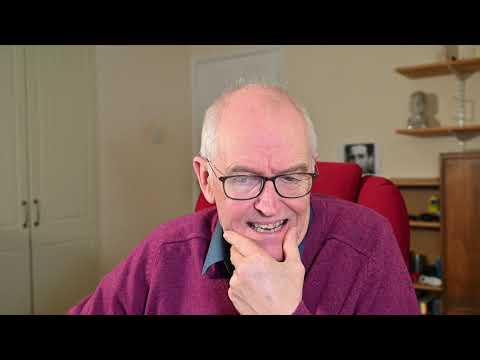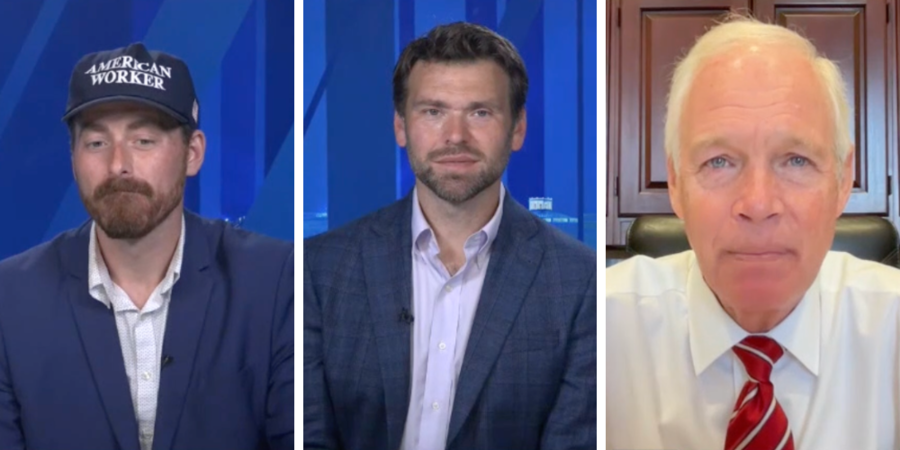Donald Trump Rallies in Raleigh: ‘We’re Leading,’ ‘Ours to Lose,’ ‘Vote!’
Former President Donald Trump rallied supporters on Monday in Raleigh, North Carolina, a swing state that some political experts believe he will win.
The post Trump Rallies in Raleigh, North Carolina: ‘We’re Leading,’ ‘Ours to Lose,’ ‘Vote!’ appeared first on Breitbart.
Israel’s Foreign Ministry cancels agreement with UNRWA
Last week, a law was passed by the Knesset severing all ties between Israel and UNRWA after employees of the agency were accused of participating in the Oct 7, 2023 attacks and the UN of failing to adequately address it.
A Brief History of Tariffs and Stock Market Crises
Tariffs don‘t just raise consumer prices. They also affect capital flows and on numerous occasions have triggered stock market crises. What tariffs don‘t bring is prosperity.
Leaked docs show Algerians knew women’s Olympic boxing champ Imane Khelif was male with micropenis, internal testes: report
The clinical report revealed that an MRI was conducted on Khelif, with showed the boxer had no uterus, and in its place were internal testicles and a “micropenis” that resembled an enlarged clitoris.
NewsWare’s Trade Talk: Monday, November 4 | NewsWare‘s Trade Talk
S&P Futures are higher this morning as the markets enter into a week that will be full of market moving headlines. The U.S. elections, Central Bank decisions, and earnings reports will be in focus. The Fed has pushed back their announcement to Thursday due to the election. INTC & DOW are being removed for the DJIA, they are being replaced by NVDA & SHW. Changes are taking place before the open on Friday November 8th. Middle East tensions are on the rise as Iran is threating retaliatory action on Isreal with more powerful warheads. Boeing striking worker are voting on a new proposal today that could end the strike. In Europe, markets are cautiously higher as commodity related stocks gain. Oil prices are spiking higher as Iran tough talk on a pending strike on Isreal is elevating tensions in the region.
Next US President To Face Slowing Economy, Experts Warn
Next US President To Face Slowing Economy, Experts Warn
Authored by Petr Svab via The Epoch Times (emphasis ours),
Regardless of who wins the election, the next president likely will have to deal with an economic slowdown next year, several experts told The Epoch Times. The government may try to intervene, but there’s a risk any remedies will cause harm, they said.
On paper, the U.S. economy is chugging along nicely. Unemployment is low, the markets are up, and the gross domestic product (GDP) came in 3 percent above inflation in the second quarter. Third-quarter GDP is expected to climb 2.6 percent above inflation, and median wages increased by nearly 2.5 percent (adjusted for inflation) over the past two years.
Yet, a large proportion of Americans don’t feel like the economy is working well for them.
Only about 21 percent consider business conditions “good”—a far cry from the nearly 40 percent who thought so five years ago, according to Consumer Confidence Index surveys. Self-reported family financial situation has virtually stagnated for the past year, the survey shows. Meanwhile, credit card debt is up about 16 percent over the past two years.
Economic indicators likely won’t remain as encouraging for long, said Lance Roberts, the chief investment strategist at RIA Advisors.
“I think you’re going to start looking at much lower rates of economic growth somewhere sub-2 percent growth as consumers become challenged by making ends meet,” he said.
Steve Hanke, professor of Applied Economics at The Johns Hopkins University in Baltimore, shared a similar concern.
“The economy is running on fumes and is bound to slow down,” he said via email, pointing to the shrinking of money supply in 2022–2023 that has since only partly reversed.
Since the establishment of the Federal Reserve in 1913, “there have only been four such contractions: 1920–21, 1929–33, 1937–38, and 1948–49. Three were associated with recessions, and the 1929–33 contraction resulted in the Great Depression,” Hanke said.
Financial markets should brace for a similar slowdown, according to Adam Taggart, founder of Thoughtful Money, a financial education firm.
In recent weeks, Taggart spoke to more than a dozen market analysts and noticed there’s an unusually wide disagreement on the market direction.
His best suggestion is to follow the global liquidity model produced by Michael Howell, chief executive of CrossBorder Capital, a London-based market research firm.
The model indicates that bull and bear markets in today’s economy trace liquidity: how much money is in the system overall. Howell posits that liquidity waxes and wanes in cycles. Right now, he says the market is in an upward cycle that’s likely to peak next year, signaling a slowdown.
“Just like when you throw a ball up in the air as it gets close to its apex, its speed of rise is declining,” Taggart said.
Market predictions, however, assume that “everything remains status quo next year,” Roberts noted.
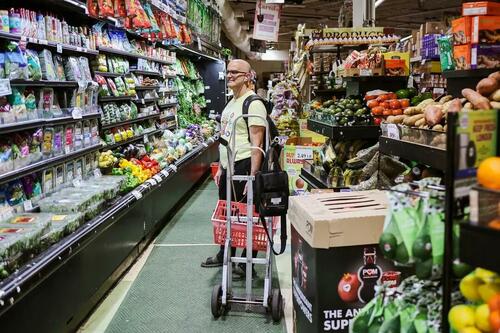
As the economy slows down, letting a large number of Americans descend into poverty would be politically indigestible for whoever becomes the president. It would be expected for the administration to intervene, he suggested.
Taggart concurred.
“The system will do everything it can to fight it,” he said.
How that may happen would partly depend on who wins.
If Vice President Kamala Harris is elected and gets Congress on her side, her plan would be to institute a series of government programs, such as to finance public housing and subsidize downpayments for first-home buyers.
“That’s very inflationary,” Roberts said.
The programs would be at least partly financed through increased taxes on higher earners, which could offset the impact on government deficit. But that’s not the main issue, as Roberts explained.
“Once you start providing capital to people to go buy stuff, that massively increases the demand on the available supply,” he said.
Housing construction can’t be increased at will due to a limited number of people skilled to build them.
“You’re trying to solve a housing problem; you’re going to massively create one at that point,” Roberts said.
“If we give $25,000 to three million people to go buy houses, there’s not enough houses to buy, and they can’t build them that fast. So that’s going to be very inflationary.”
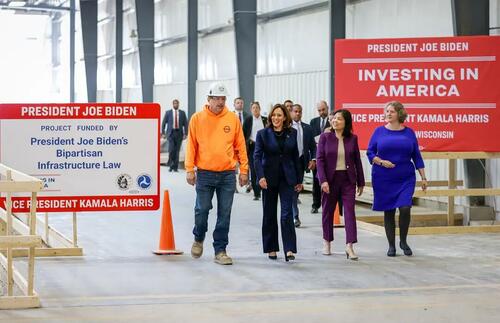
Not only would housing prices rise but also construction labor, commodities, and transportation, which all are tied to the housing supply chain, Roberts said.
If former President Donald Trump wins and gets Congress on his side, his plan would be to cut taxes, increase domestic energy production, cut regulations, and impose tariffs on imports.
Cutting taxes and regulations stimulates the economy, as does cheaper energy. Tariffs, on the other hand, could create problems, Roberts said.
Even if the tariffs are calibrated to minimize impact on domestic prices, they would “put pressure on foreign trading partners,” he said.
“It’s certainly going to ramp up a lot of the rhetoric in the market … That’s going to make the markets nervous at that point, depending on how aggressive these tariffs are.”
That has real economic impact as nervous investors are more hesitant to invest.
He also suggested Trump would press the Federal Reserve to “cut rates more aggressively.”
“The Fed’s not going to respond to that, but it’s going to give a lot of rhetoric to the markets,” he said.
“So you potentially get an environment next year where you get a bit stronger growth, but a lot more volatility—both in markets as well as the economic data.”
Taggart was skeptical that either administration would be able to cut deficits on a meaningful scale.
Hanke agreed.
“I think either administration will embrace the newfound economic religion: spend, spend, spend—with Harris pouring even more coals on the fire than Trump,” he said.
Split Congress Scenario
It could easily happen that whichever candidate wins, she or he won’t get majority in both chambers of Congress. In that case, the Congress would likely remain gridlocked, with neither party getting its way. Government spending would stay in an autopilot mode of about 8 percent annual increases, Roberts said.
“That’s the best outcome for the markets. It’s probably the best outcome for the economy, because nothing actually happens that causes a potential unexpected shock to markets.”
Read the rest here…
Tyler Durden
Mon, 11/04/2024 – 07:20
The Private-Sector Job Market Is Shrinking
Job growth was only positive in October because of government jobs, funded by huge federal deficits.
No need to tell your husband: Harris banks on women’s votes
In an ad for Kamala Harris, a woman marks her ballot for the Democratic candidate while her husband thinks she’s voting for Republican Donald Trump: “What happens in the booth, stays in the booth” a voiceover says. The 30-second-clip, narrated by actor Julia Roberts, shows the couple arriving at a polling station wearing baseball caps […]
The post No need to tell your husband: Harris banks on women’s votes appeared first on Insider Paper.
Losing Power? The Elites And The Leftist Mob Would Rather Burn It All To the Ground
By Brandon Smith It’s been a long time since we’ve seen a significant positive evolution within American society. In the…
The post Losing Power? The Elites And The Leftist Mob Would Rather Burn It All To the Ground appeared first on Alt-Market.us.
The Systematic Bankrupting of America
Greg Penglis interviews Mark Thornton on The Action Radio Show.

